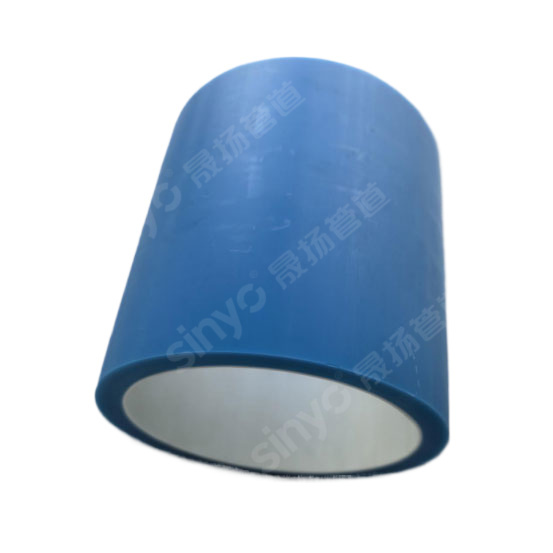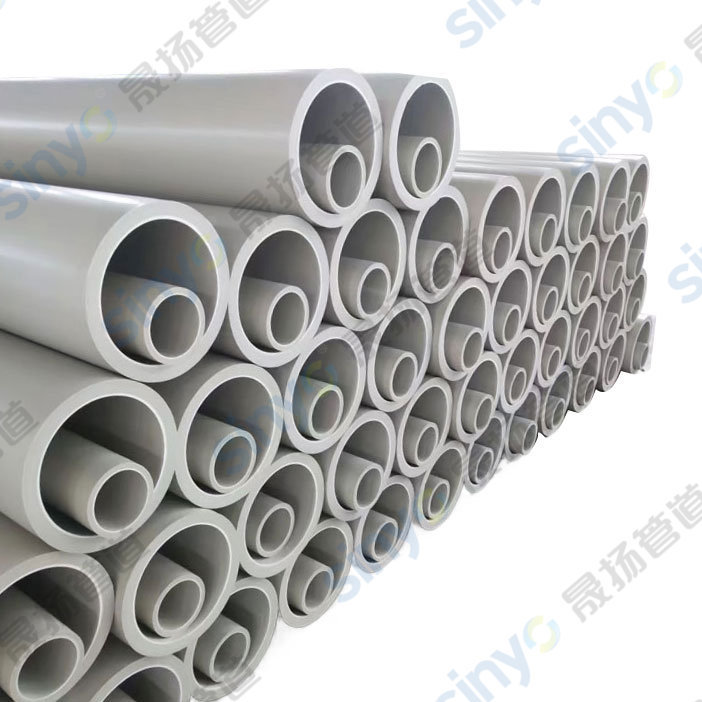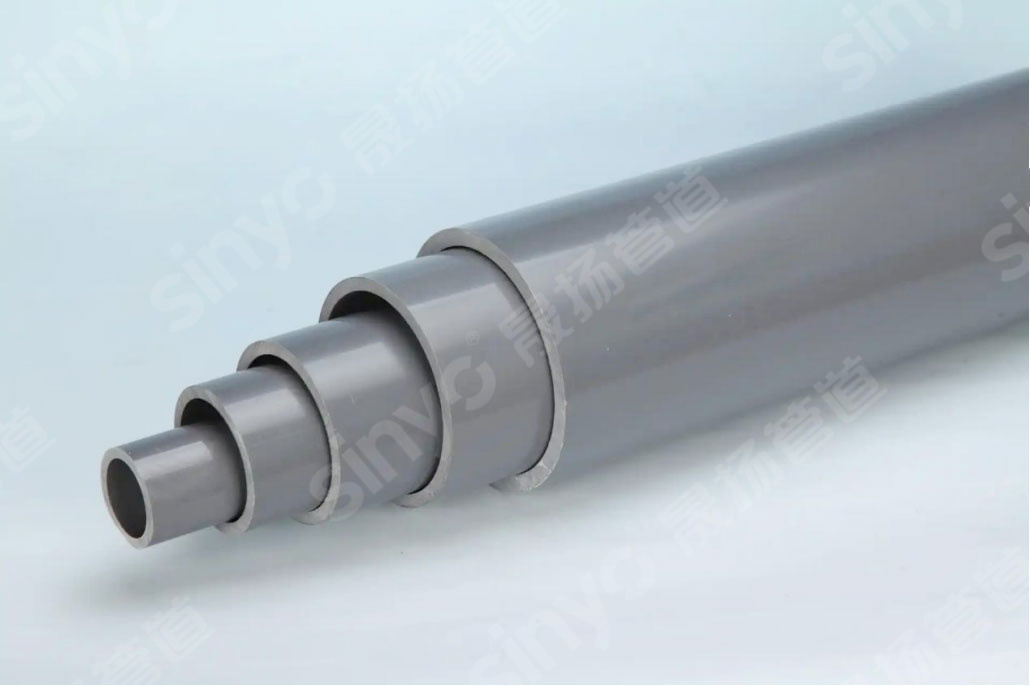Product Categories
Contact Us
Email:
sypipe@163.com
Tel:
0591-62838555 62838666
Mobile:
13313753359
Address:Fuqing Yuanhong Investment Zone, Fujian Province
PE wear-resistant pipe
- Commodity name: PE wear-resistant pipe
Keywords:
PE wear-resistant pipe
- Product Description
-
PE wear-resistant pipe is a high-density polyethylene pipe made from modified ultra-high molecular weight polyethylene as raw material, with the addition of antioxidants, UV absorbers, and flame retardants, through extrusion molding and injection molding processes. Its main features include excellent wear resistance, high internal pressure resistance, good impact resistance, excellent low-temperature performance, and strong corrosion resistance.
Wear Resistance
The wear resistance of PE wear-resistant pipes is far superior to that of ordinary steel pipes and stainless steel pipes, making them especially suitable for environments with severe wear. Its wear resistance is 4-7 times higher than that of steel and stainless steel pipes when transporting various slurries.
Internal Pressure Resistance
This pipe can withstand high internal pressure, ensuring the safety and stability of fluid transmission.
Impact Resistance
PE wear-resistant pipes have good impact resistance and can withstand external impacts and internal pressure fluctuations, extending their service life.
Low Temperature Resistance
Even in low-temperature environments, PE wear-resistant pipes maintain good flexibility and strength and are not easily brittle.
Corrosion Resistance
The pipe material can resist corrosion from a variety of chemicals and is suitable for transporting various corrosive media.
Application Areas
PE wear-resistant pipes are widely used in mining, metallurgy, power, petroleum, textile, papermaking, food, chemical, machinery, and electrical industries, and have unique advantages in transporting solid particles, powders, slurries, and gases. In addition, PE pipes are also widely used in agricultural irrigation, petrochemicals, and marine engineering, and are receiving increasing attention due to their environmentally friendly properties.
Keywords:
Get a Quote
Note: Please leave your email address, and our professionals will contact you as soon as possible!
Related Products





